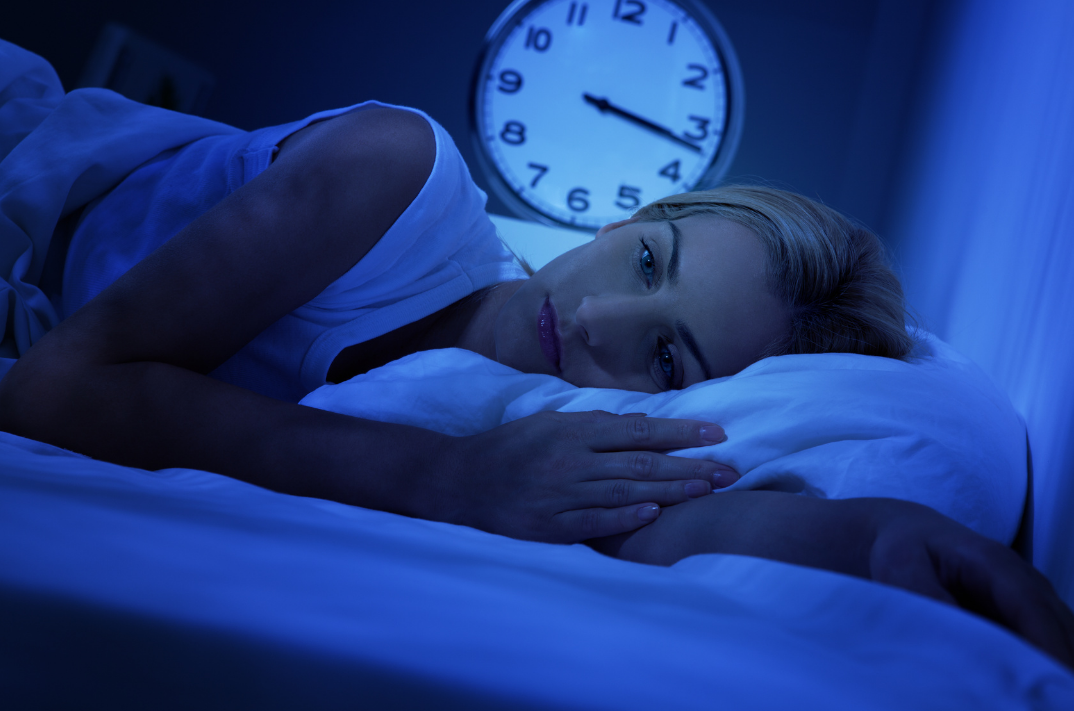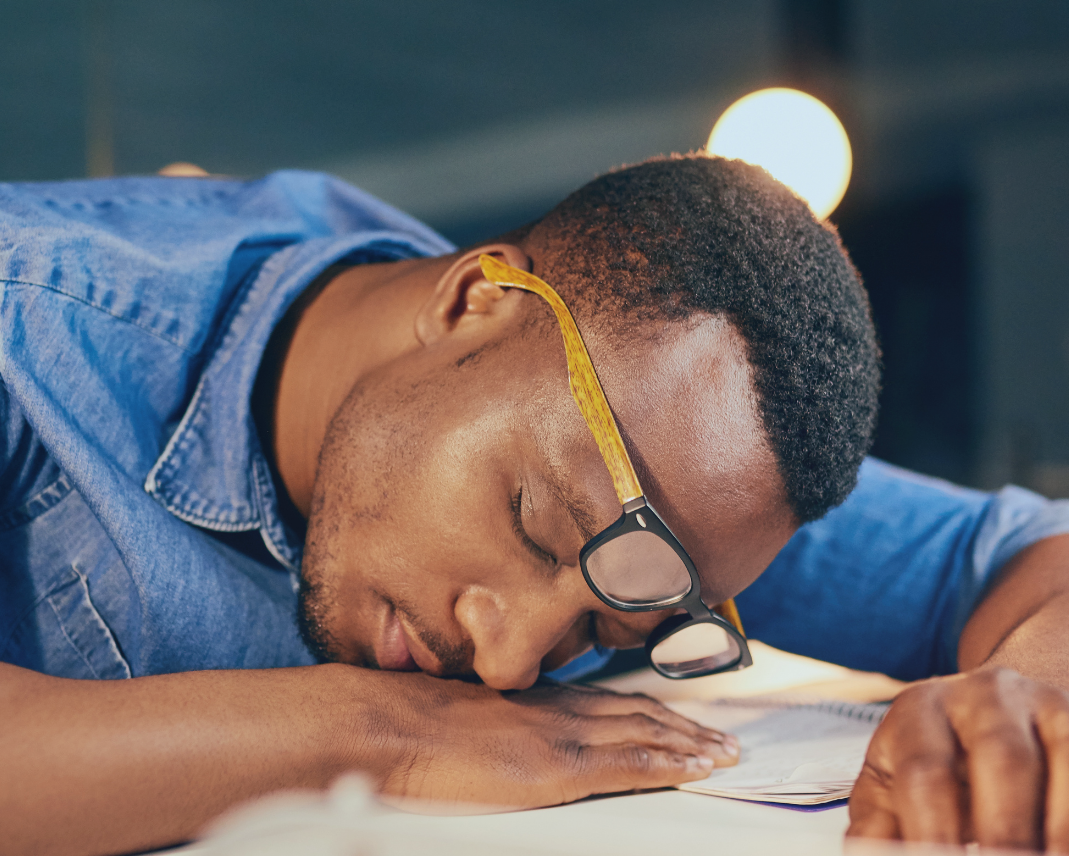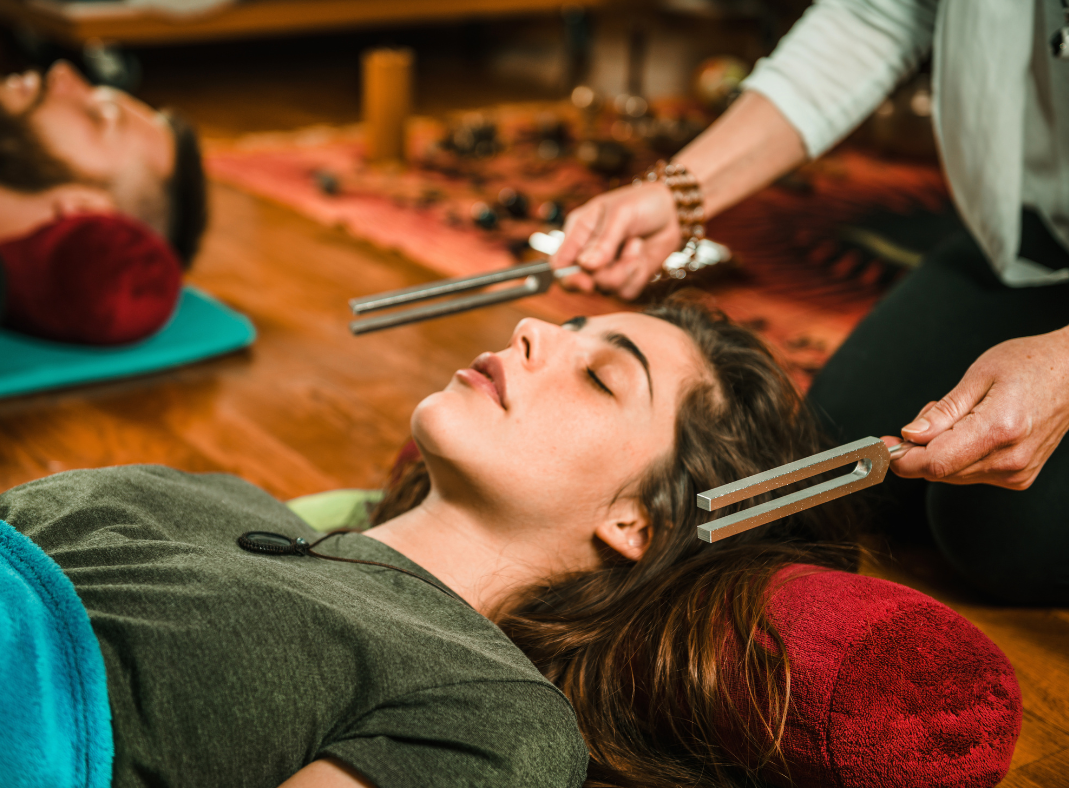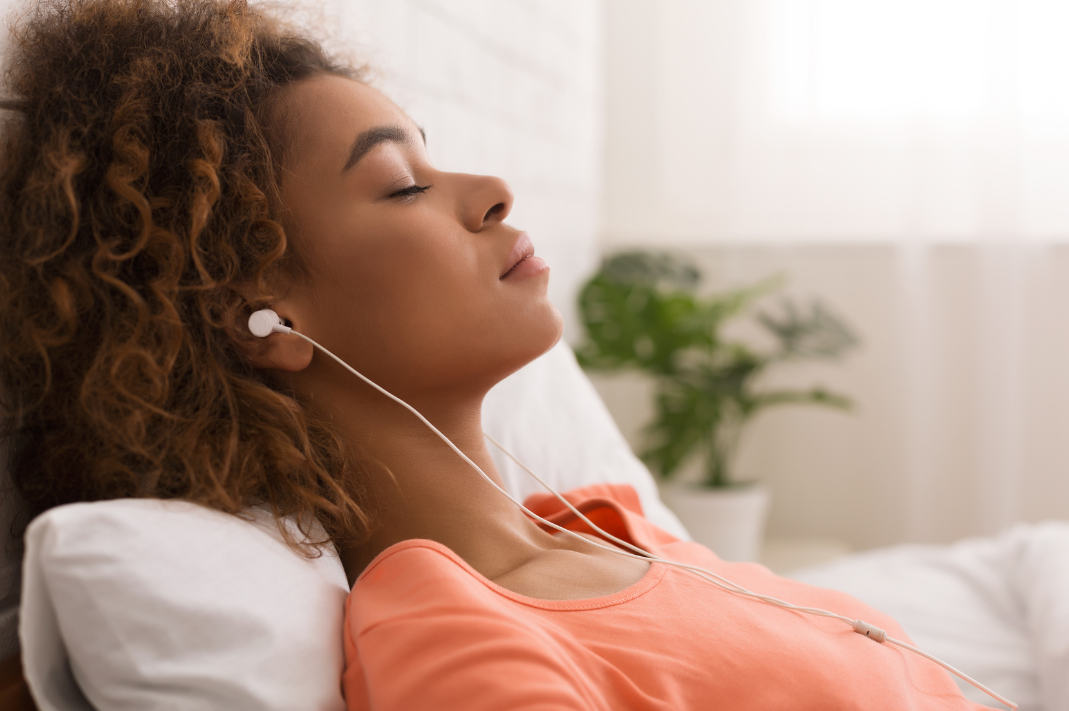blog 4
How yoga nidra helped me overcome Insomnia
Suffering with Insomnia? What would you say if I told you there’s a simple daily practice that could make it go away? I’m serious, it happened to me.
My struggle with insomnia
I have struggled with Insomnia on and off since late childhood. Night after night I would lay awake hoping for sleep to come, my anxious thoughts endlessly chattering away preventing me from falling asleep.
The hours before bedtime were awful too. I’d get anxious that bedtime was coming and that I wouldn’t be able to fall asleep, and by the time I got into bed I had become almost fixated on it, which would make falling asleep a whole lot harder.
Night after night, I’d lay awake hoping for sleep to come.
The effects of sleep deprivation
As anyone with Insomnia knows, sleep deprivation really takes it out of you.The constant brain fog meant I was never at my cognitive best. I craved sugar and caffeine to keep me awake – which always resulted in me feeling a whole lot worse.
And the worst part was the impact on my concentration. I sometimes used to feel myself nodding off during the day – sometimes at my desk or, worse, at the wheel – which was pretty scary and is a very dangerous side effect of lack of sleep.
Nodding off at the wheel is a very dangerous side effect of sleep deprivation.
The struggle to fall and stay asleep
The ability to fall asleep is impacted by a complex interplay of biological, physiological, psychological and environmental factors, such as:
Disruptions in the sleep-wake cycle
Our circadian rhythms (our body's internal clock) are all different. For example mine likes me to be in bed by 10pm and up by 6am and I am firing on all cylinders very early, whereas some people are the polar opposite, with everything in between.
Irregular sleep schedules, such as shift work, can confuse our internal body clock and affect sleep, as can exposure to too much blue light from screens.
Hormonal & Neurotransmitter Imbalances
High cortisol (stress) levels at night can keep the body alert and prevent sleep. Changes in female hormones that are rife during perimenopause can also disrupt sleep. As can imbalances of chemicals such as melatonin and serotonin in the brain.
Overactive Mind & Body
Stress and anxiety, worrying about work, life events or relationships, overthinking and having a hyperactive nervous system that makes it hard to wind down can also result in sleepless nights.
Worrying about sleep also creates a cycle of anxiety that reinforces Insomnia.
Medical Conditions
Chronic pain and discomfort, caused by a plethora of possible physical health conditions, such as sleepless leg syndrome, arthritis and acid reflux can affect the quality of sleep. As can mental health disorders, such as depression, anxiety and PTSD.
Shockingly, The National Sleep Foundation, found that Sleep Apnea (a condition affecting the breath during sleep) affects as many as 20% of the population and around 85% don’t know they even have the condition.
Poor sleep hygiene
Having the right environment for sleep is really important, as getting it wrong can prevent or disrupt sleep. Examples of this are; too much light, screen time late at night, drinking caffeine or alcohol late at night, and having uncomfortable surroundings. All of these can affect the quality of the sleep you get.
Sleep deprivation really takes it out of you.
Sleep remedies didn’t work for me
I tried everything to help me to get to sleep, listening to relaxing music, lifestyle changes, going to bed at the same time every night, the lot.
In my late teens I used a lot of Nytol to help me sleep and this made things a whole lot worse in the long run. I got to the point where I couldn‘t sleep a wink without it and at my worst I didn’t sleep for three days and ended up in A&E feeling quite suicidal. I was unable to function and I was terrified.
I was prescribed sleeping tablets but they gave me terrible side effects, and were merely a short-term fix rather than a long-term solution.
Daily yoga nidra helps me to fall, and stay, asleep.
Daily yoga nidra helps me to fall asleep
I discovered yoga nidra whilst doing my 300-hour yoga teacher training a couple of years ago. We did an hour of nidra one evening and I was immediately hooked.
Within weeks I was doing a short (around 20-minute) nidra each afternoon and could feel myself going deeper each time and feeling energised afterwards. It's a bit like having a strong cup of coffee without the negative effects and leaves me feeling refreshed for the rest of the day.
I’m an early riser and am normally up by six o’clock. As a busy mum and carer for my elderly Mum with advanced Alzheimers, I’m usually flagging a bit by mid afternoon, so I find that this part of the day is good for me to have a little boost. But you can practice at whatever time of day is best for you.
A mid-afternoon nidra has become a fundamental part of my day for at least two years now. It feels to me like a nervous system re-boot. They say that an hour of nidra is the equivalent to 3-4 hours of sleep and although, in reality, it can never replace sleep, it really does feel like that to me. Sometimes, if I am really tired, I will fall asleep but the thing with nidra is that your body takes from it what it needs and, if I really need sleep, then that will be the default, which is absolutely fine.
Most times, however, I find myself in a deep state of relaxation. Sometimes I notice some involuntary movements in my body and I really feel like I'm processing blocked energy and clearing stress as my brain and body are reconfiguring, without actually going to sleep.
As well as my daily mid-afternoon nidra I also do a sleep-themed nidra on an evening to help me sleep. I do this most nights now and they really help me to fall asleep.
The nidras I use during the day are shorter and often prompt re-awakening whereas the night ones are either sleep focused or long Himalayan nidras (sometimes with alchemy bowls) that are particularly relaxing and encourage you to stay asleep once the nidra has finished.
Sleep nidras are designed to encourage you to stay asleep - and they work!
Triangular rotations are useful when trying to go to sleep
Through my yoga nidra practice I have learned that there are all kinds of things you can do to take the brain out of the thinking mind, for relaxation purposes and especially for sleep.
My personal preference is that I like nidras that use triangular rotations and find those particularly useful when trying to get to sleep.
According to Uma Dinsmore-Tuli's Nidra Shakti ‘The Power of Rest’ the use of triangles in yoga nidra are an example of 'conscious overloading'. You are in effect overloading the brain, which is really effective in inducing both sleep and trance.
The way this works is that you work on visualising doing things with the right hemisphere of the brain at the same time as the left side of the body and vice versa. For example, you start at the third eye and use the breath to trace from the third eye to the shoulder, across to the other shoulder and back down and then down to the hands, the feet etc.
This kind of visualisation distracts me so much from thinking that I really start to turn inwards to that state of ‘pratyahara’ and the withdrawal of the senses.
So if one night I can’t get to sleep or I wake up and can’t get back to sleep, I will either visualise a triangular rotation of the breath in my mind or a body rotation until I go to sleep. In some ways I suppose I have used elements of yoga nidra to hack into my brain to teach it how to relax and go to sleep.
Yoga nidra helps me to sleep better - which means I have more energy for everything else!
Thanks to yoga nidra I sleep better now, and have more energy for life
After only a few sessions I started to see the benefits of using yoga nidra to help me sleep. The state of deep relaxation I’m able to achieve through each nidra helps to shut down my ‘monkey mind’, stopping the endless chatter that can keep me awake.
If I wake up during the night, I just do another nidra until I fall asleep again, or I use one of the techniques mentioned above, and then I go back to sleep with a lot more ease than before.
The best part? I’m no longer anxious or worried about how I’ll fall asleep, how much sleep I’ll get and what I’ll feel like tomorrow. Which means I’ve gained back so much more of my life.
I also wake up feeling more alert and refreshed which is having a very positive effect on my overall wellbeing.
The Takeaway
Yoga nidra has been an absolutely game changer for me and my Insomnia. I have found a natural, deeply relaxing way to fall asleep, without medications or side effects, the benefits of which have had a positive impact on so many areas of my life.
I honestly don’t know what I’d do without it.
How can I help you
If you are struggling with Insomnia and would like to try yoga nidra please download this free sleep-themed nidra to help you.
And if you’d like to book a private consultation please get in touch. I’d love to hear from you.






